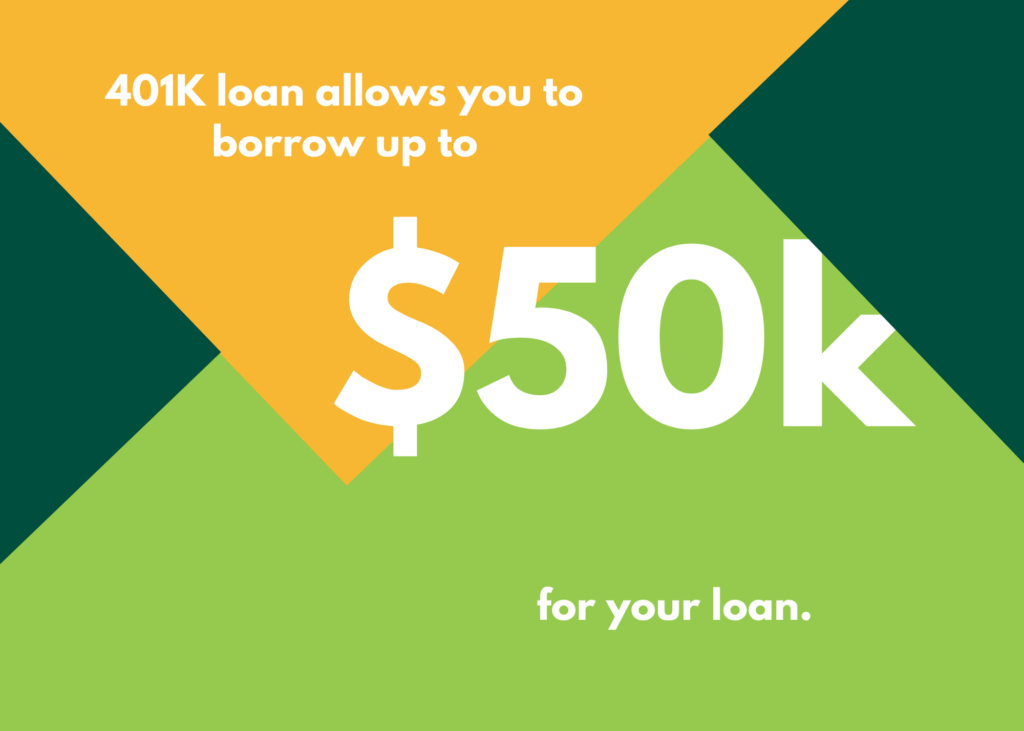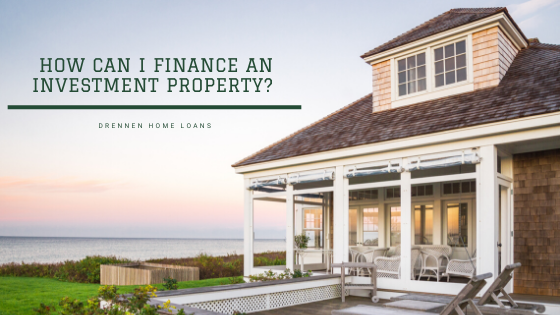For many reasons, getting an investment property can be a wise decision. While you might not make six figures from investing in a property, you might still find that investing in property wisely produces several surprising financial rewards. In 2019, for instance, the average gross return for flipping a home was nearly 40 percent. That means the average person earned about $40,000 for every $100,000 invested in a home. The average return on investment properties in 2019 was 15%, which means the average investor raked in about $75,000 in a year. If you think investing in a property sounds appealing, read on! We offer some tips and suggestions to help you invest wisely and confidently.
What is an Investment Property? 
An investment property is a type of residential property. There are three types of residential properties in the real estate industry, which are a “primary residence,” “secondary residence,” and “investment property.” Some people confuse a second home with an investment property and think they’re the same type of property. However, the main difference is that a homeowner lives in a second home some of the time but does not live in an investment property. While people often purchase a second home to live in, they purchase an investment property simply to profit on the investment.
Conventional Financing Strategies
Once you’ve decided that to start investing in real estate, you’ll want to know the options available for financing.
 There are several conventional methods available to help finance your investment property, including:
There are several conventional methods available to help finance your investment property, including:
- Conventional financing
- House hacking
- Commercial lending
- Second-home financing
- Hard money lending
Conventional financing is much like financing a primary or even secondary home. This financing method means that you will get a conventional mortgage that meets the lending standards of a government-sponsored lender such as Freddie Mac or Fannie Mae. An agency will finance the property if a loan meets their standards, which in turn means that they face less risk. With this financing method, your down payment and credit score requirements may vary based on your liquid reserves, DTI ratio, and number of living units on the property. This type of loan may have higher interest rates than similar primary or secondary home loans.
House hacking is a way to get a loan with less than a 20% down payment. Essentially, it is a multi-family investment property where the owner occupies one unit of the home but rents out the others. Individuals who live on the premises can finance the property as a primary residence, even if the property has multiple units. You can obtain a conventional mortgage Las Vegas by putting just 15% down on a property with multiple residences. You can also obtain an FHA mortgage with a down payment of just 3.5%. Over time, property owners can build a nice portfolio by creating multiple mortgages.
Commercial lending can be a good option for homeowners who cannot obtain a conventional mortgage. Commercial lenders typically consider two factors when making their lending decisions, which includes the property’s potential for future cash flow and the borrower’s credit score. Commercial loans are ultimately a type of long-term loan that don’t account for your debts or personal income.
Second-home financing is only available for a home that isn’t your primary residence. A second home financing is another good choice if you’re searching for loans near me with a lower down payment. With this method, you can usually get a loan for just 10%, which is on par with some government-backed loans for a primary residence. Be aware, however, that certain conditions apply if you want to rent out your property. For starters, you must live in the home for some part of the year. Secondly, the property must be a single-unit dwelling. You must also have full control over the property. 
Finally, hard money lending is another choice. This type of loan typically has a shorter duration, which means you might face fewer loan payments over time. Hard money loans are often adjustable rate mortgages Las Vegas, which means that you may have higher interest rates and less predictable monthly payments over time. However, a hard money loan can be a good choice if you’re looking to refinance or sell the property quickly.
Alternative Financing Methods
Along with the conventional options for financing an investment property, there are other ways to finance a property, too. These include:
- Home equity loan and line of credit
- 401K
- Owner financing
- Crowdfunding
 A home equity loan, which borrows against the equity in your primary home, can be a good way to fund an investment property. It usually has low interest rates and fees. A $50,000 for your loan. The advantage of using a 401K loan is that you collect the interest payment rather than having to pay interest. Even compared to a fixed rate mortgage loan Las Vegas, which provides the security of predictable payments and usually lower loan rates, a 401K loan can save considerable amounts of money. A word of caution, however, is that you’ll be using your retirement funds for your investment property if you choose this route. Owner financing means getting a seller to finance the property, which means you don’t have to put much money down, if any. However, it can lead to tricky situations with the previous owner. Lastly, crowdfunding is a newer method of financing that can make it easier to get an investment property.
A home equity loan, which borrows against the equity in your primary home, can be a good way to fund an investment property. It usually has low interest rates and fees. A $50,000 for your loan. The advantage of using a 401K loan is that you collect the interest payment rather than having to pay interest. Even compared to a fixed rate mortgage loan Las Vegas, which provides the security of predictable payments and usually lower loan rates, a 401K loan can save considerable amounts of money. A word of caution, however, is that you’ll be using your retirement funds for your investment property if you choose this route. Owner financing means getting a seller to finance the property, which means you don’t have to put much money down, if any. However, it can lead to tricky situations with the previous owner. Lastly, crowdfunding is a newer method of financing that can make it easier to get an investment property.
No matter what kind of financing method you choose, it’s important to make sure you have a decent credit score. Be sure to choose a lender wisely and shop around for different options. Finally, meeting with an expert lender to review your situation and explore all the financing possibilities can help you make a sound decision for your investment property.
If you’re considering getting an investment property or searching for financing opportunities, don’t hesitate to contact us for assistance. As expert loan officers in the Las Vegas area, we will gladly help you find a solution that works for you.










